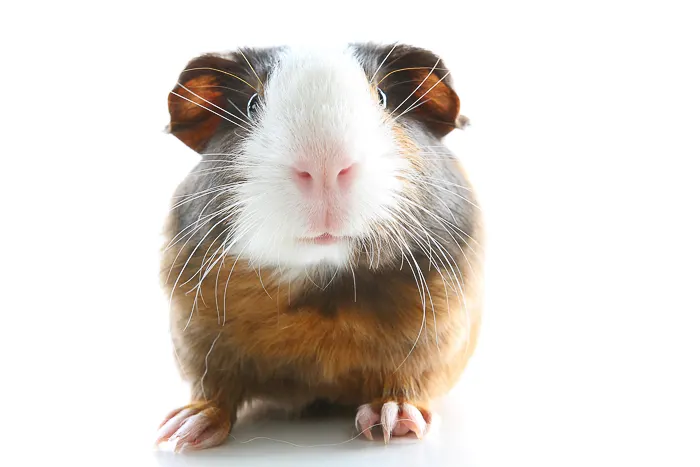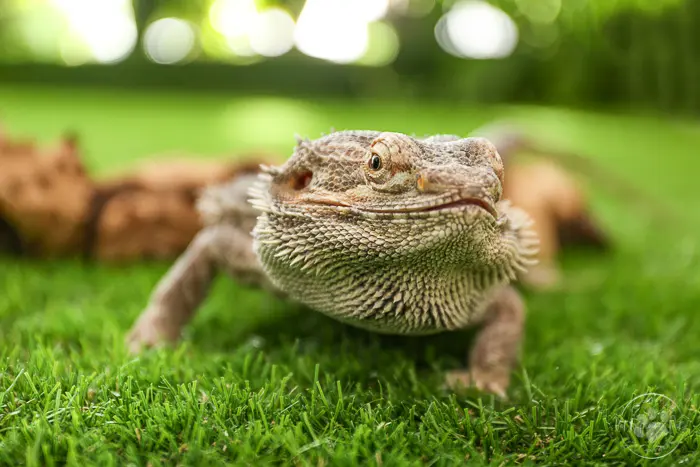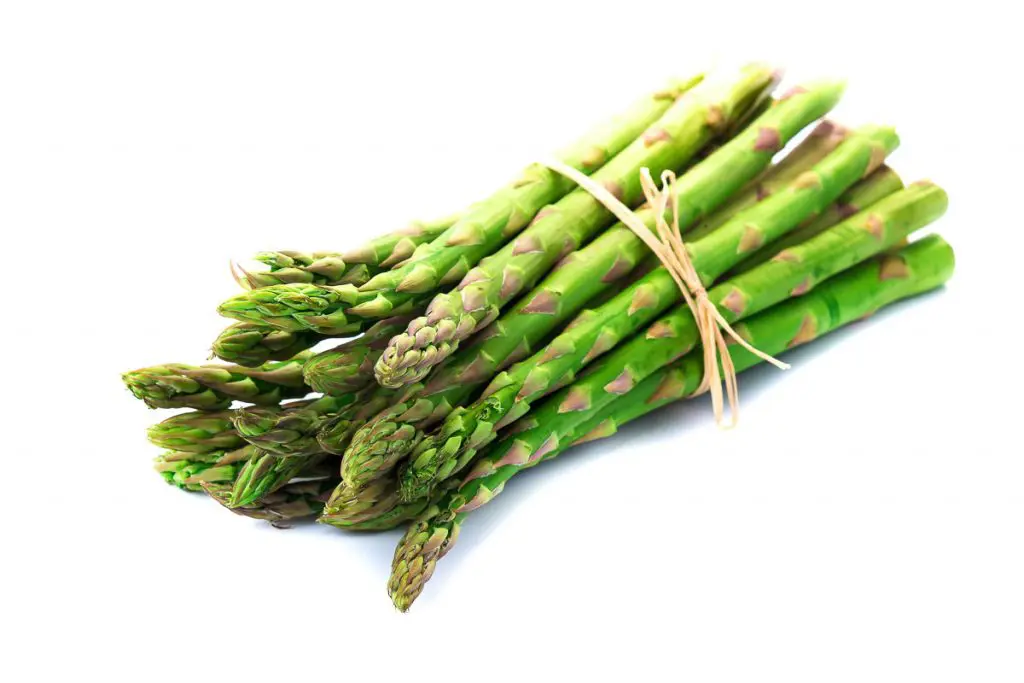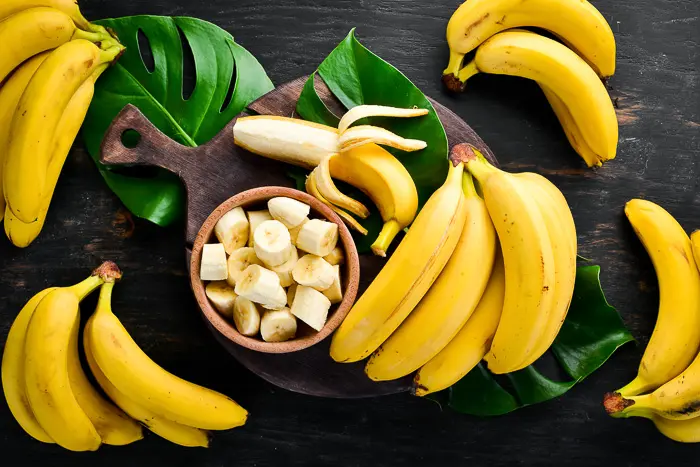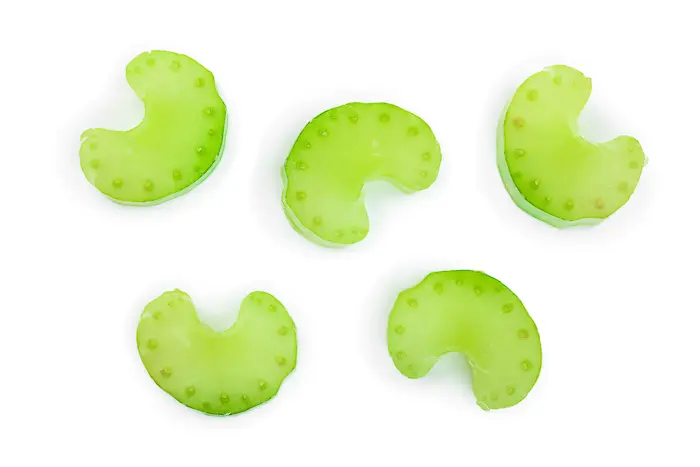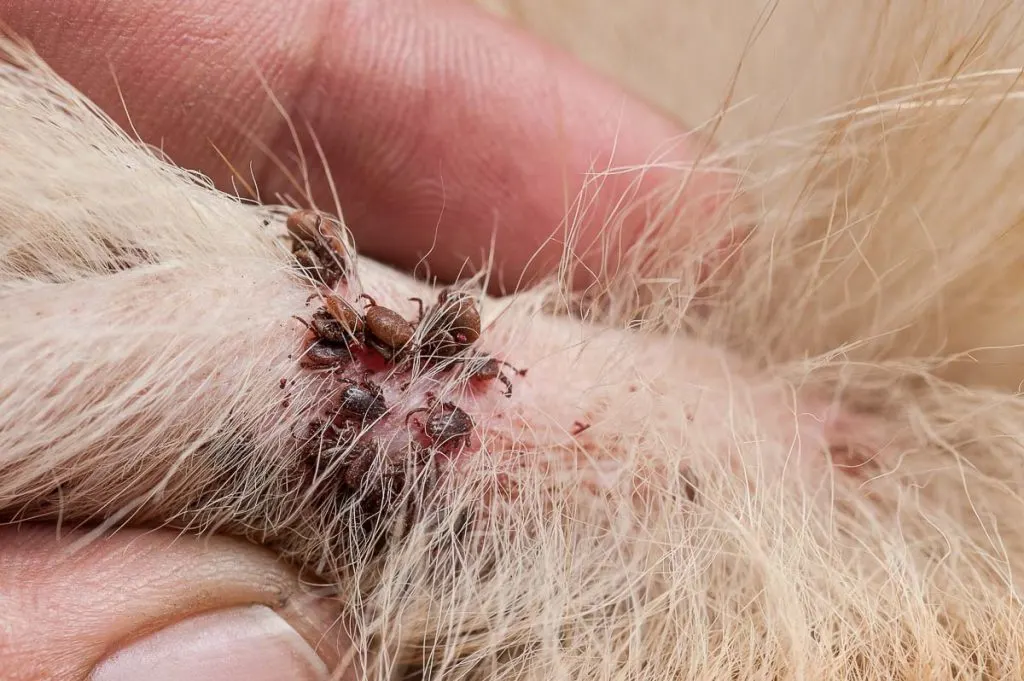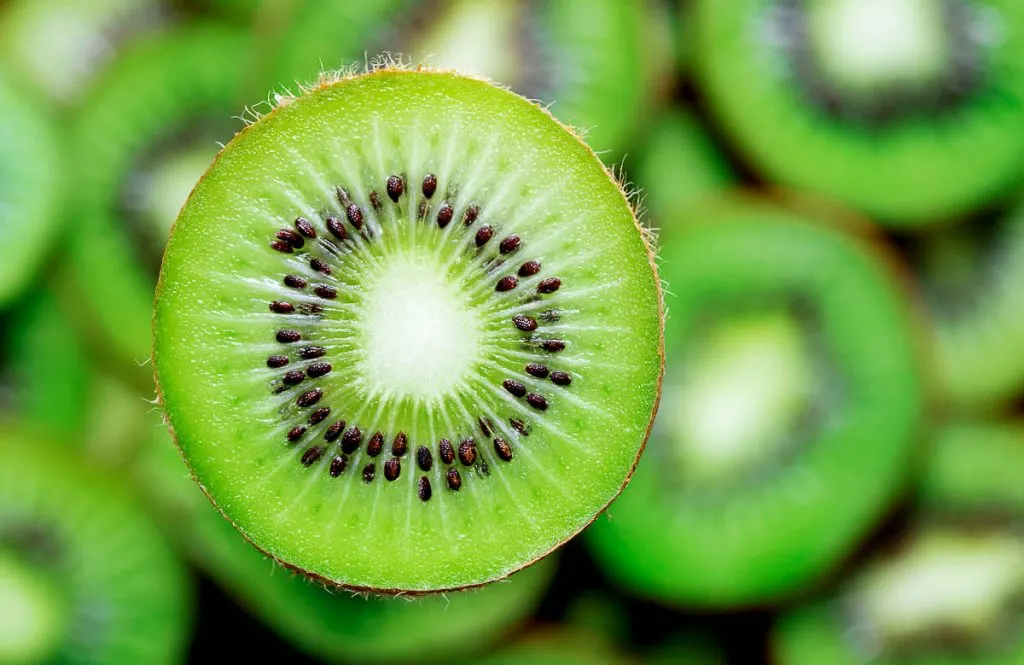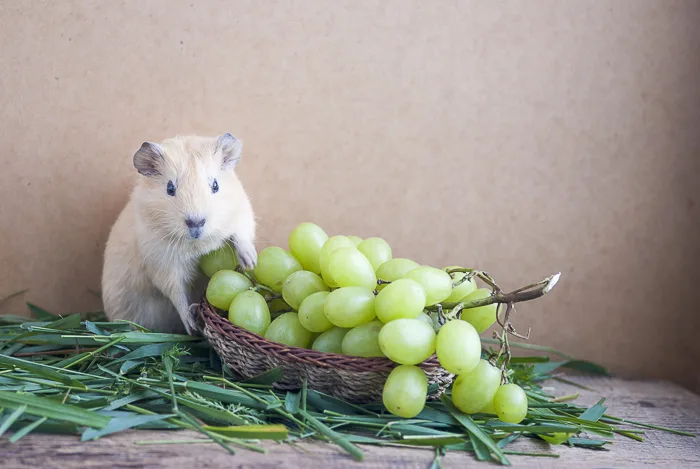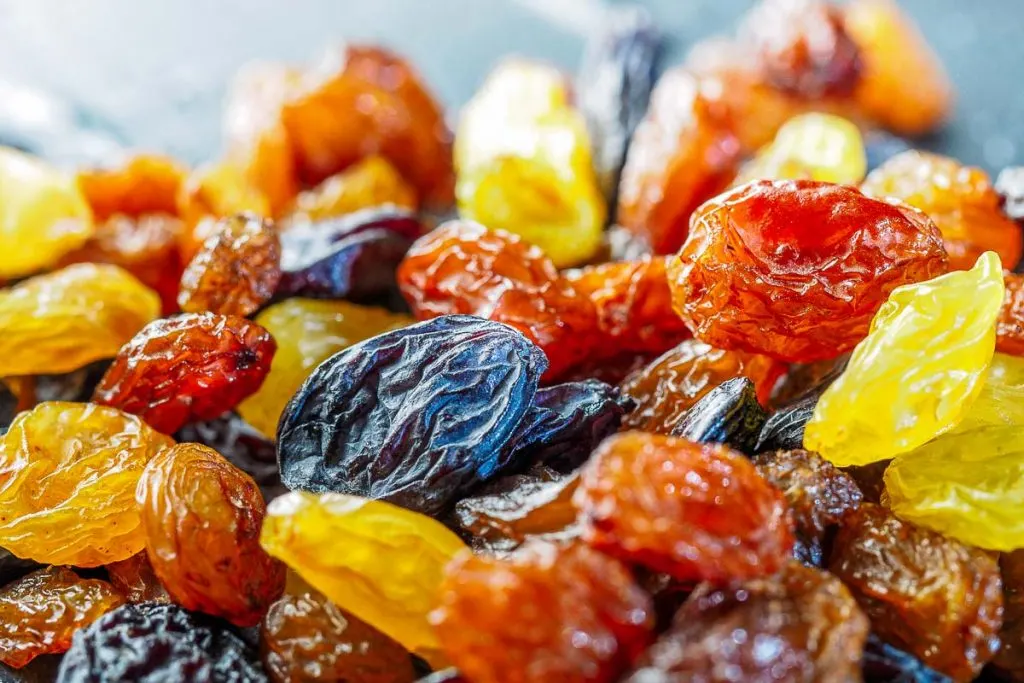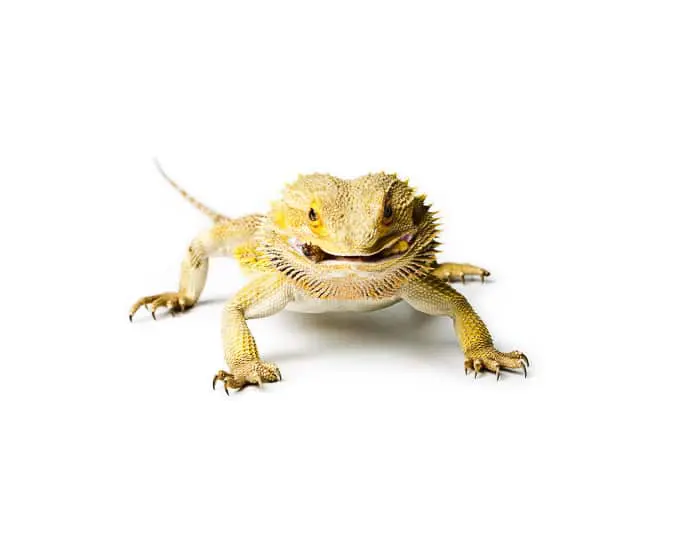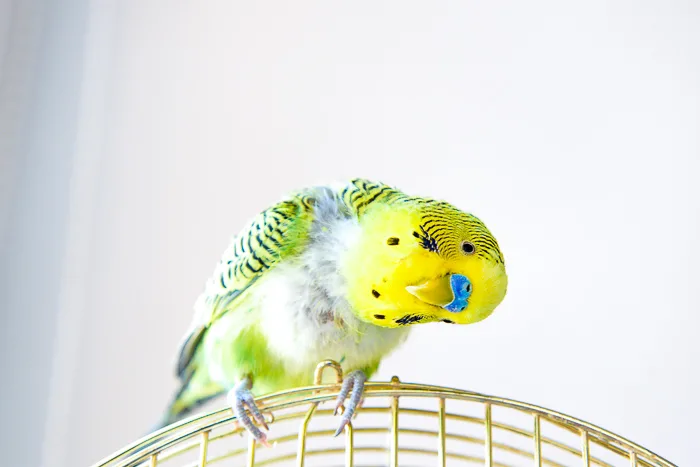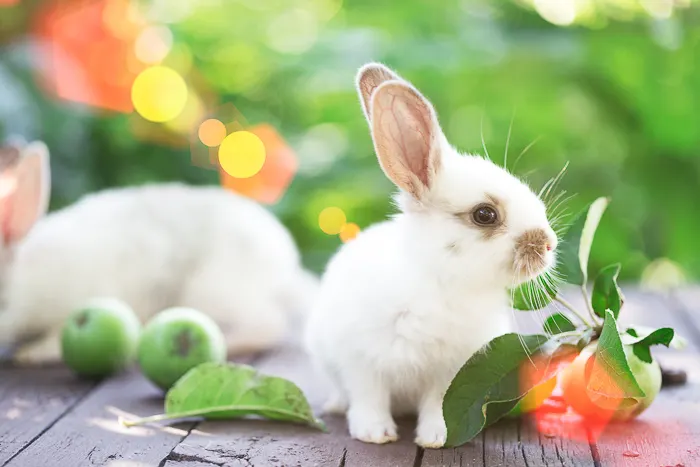Guinea pigs are by far one of the most popular pocket pets. Who can resist feeding these cute little friends some sweet treats like juicy watermelon. But wait…. not all foods are safe for guinea pigs! Can guinea pigs eat watermelon?
Dr. Jess explains the answer below:

What is a Guinea Pig?
A guinea pig is a type of pocket pet that resides in the cavie family of animals.
They are small animals that grow to a maximum of approximately 10-11 inches long, and can weigh up to 2.5 pounds as an adult.
In captivity and with proper care it is fairly common to see these pets live to 8 – 9 years of age.
One of their main anatomical (body) “quirks” is that they are constantly needing to chew in order to file their teeth down, as their teeth are constantly erupting (growing longer).
They are quite playful animals and love to socialize with the ones that they know and love.
They make great pets for responsible pet owners, and those living in small dwellings wanting a loveable pet that comes in a small package.
What Do Guinea Pigs Typically Eat?
These little buddies eat an assortment of things to keep them healthy and happy.
- High-quality guinea pig food and Timothy hay should be the main staples of their diet.
- Up to about 10% of their diet can be made up of an assortment of vegetables and fruits, with fruits and vegetables over 12-24 hours old being discarded as soon as possible.
- They require 30 – 50 mg of vitamin C daily from their diet, either in their guinea pig food, a vitamin supplement, or from fruits and vegetables that are high in vitamin C. I'll get to this more here in a sec…
- Guinea pigs do best with diets low in fats and sugars.
- Clean, fresh, filtered, chlorine-free water. ‘Fresh water‘ means that is is changed daily. ‘Changed daily‘ means that new water is placed into a CLEAN water dispenser!
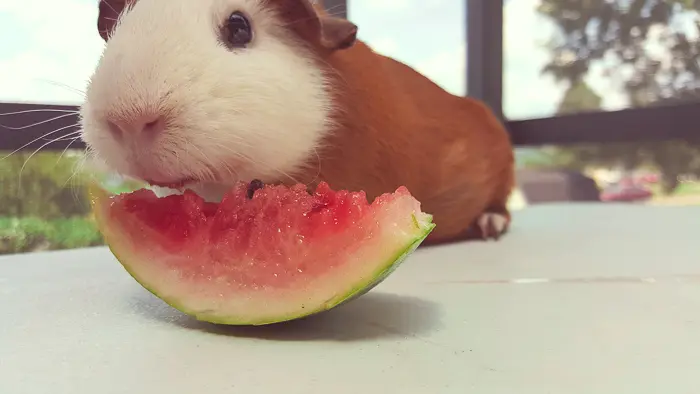
Let's Talk Watermelon…
Watermelon is a common type of melon.
Watermelons are a large fruit with a round green exterior rind that is quite thick, and a crisp fruit center that is red and very juicy and watery.
Watermelons come in many different varieties, including seedless watermelons and watermelon with seeds. The watermelon plant trails along the ground and is in the same family of plant as are cucumbers and squashes.
In the U.S, Watermelons are in season during the warmer months and are a popular fruit and treat in the Summer months.
Watermelon Nutrition:
Just like with any other fruit, watermelon has its nutritional value…. as well as some things to be weary of!
Vitamin C:
Watermelon contains vitamin C. Remember that guinea pigs have the need for supplemental vitamin C in their diet? We may be onto something here….
Vitamin C is one of the major players of helping to prevent a disease known as scurvy.
I completely agree with what Veterinary Partners writes about vitamin C deficiency in guinea pigs…
“Like primates (including humans), guinea pigs do not produce their own vitamin C. Vitamin C deficiency leads to scurvy, the symptoms of which include poor appetite, swollen, painful joints and ribs, reluctance to move, poor bone and teeth development, and spontaneous bleeding especially from the gums, into joints, and in muscle. If left untreated, this disease can be fatal especially to rapidly growing young and pregnant females. In addition, subclinical deficiencies often predispose animals to other diseases.”
https://veterinarypartner.vin.com/default.aspx?pid=19239&id=4951552
Let's just say that vitamin C is extremely important for your piggy to have!
Sugar Content:
Watermelon has a high sugar content as well. Something to take note on and to keep in mind when feeding to guinea pigs!
It also contains a high percentage of water, which is great when looking to maintain hydration.
Fiber:
Watermelon contains fiber, especially the watermelon rind!
Watermelon provides fiber which helps in constipation and improves gut motility. Too much though, can lead to too much gut motility… and that's not a good thing either!
Other Vitamins & Minerals:
Watermelon contains other vitamins and minerals, such as vitamin A, potassium, calcium, and phosphorus, which are all needed for healthy body function.
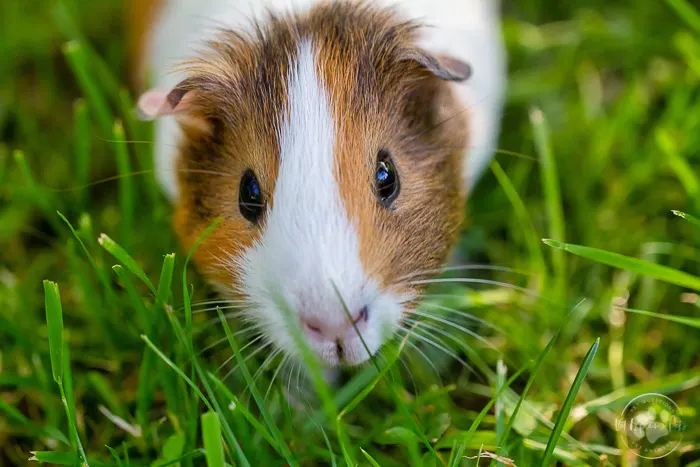
Can Guinea Pigs Eat Watermelon?
Well after learning about some of the health benefits and some of the risks that the consumption of watermelon brings with it , wouldn't it be nice it you could just safely feed it to your piggy?
Well, you can…. in moderation.
That's right, feeding a small amount of watermelon as a treat to your guinea pig on occasion is totally fine and they will likely LOVE you for it!
Moderation = A couple little cubes of watermelon is enough melon for one guinea pig.
In total, your guinea pig should have around 1/4 – 1/2 cup of fresh fruits and vegetables combined everyday, and no more than that.
If your pet does not eat all of their 1/4 – 1/2 cup of fruits and vegetables within 12-24 hours, then you need to dispose of it for them.
They will likely not eat it, and it will only sit in their cage and get old and eventually become unsafe to eat.
The rest of their diet, the other 90 or so percent, should be made up of guinea pig food and hay.
You should feed this amount no more than 2-3 times per week and no two days in a row.
How About Watermelon Seeds?
And then there are the seeds, a potential choking hazard in and of itself. Don't feed watermelon seeds to your guinea pig.
The seeds of a watermelon are slippery, hard, and slimy.
They are also the perfect size to get lodged in a guinea pig's throat and cause them to choke.
Always remove any watermelon seeds prior to feeding the melon to your piggy.
Do NOT feed your pet watermelon seeds.
Is Watermelon Harmful to Guinea Pigs?
Yes, it can be.
Remember that too much melon fed to these little buddies can give them side effects like an upset stomach, gas, bloating, and diarrhea.
This can lead to a multitude of problems including things like dehydration and electrolyte imbalances that could impart a trip to the veterinary clinic for your pocket pet vet to fix.
Can Guinea Pigs Eat Watermelon Rind?
Another issue is the rind…….
The thick rind needs to be cut away and served in small pieces and small amounts to the pet or it can become a digestive issue for them.
Watermelon rind can be served to your guinea pig. The whiter flesh of the rind is easier for your pet to chew and ingest than the outermost green, thick and tough rind.
These servings of watermelon rind should be done in moderation, as the watermelon rind contains fiber which, if too much is ingested at one time, can cause diarrhea as well.
What About Watermelon Juice?
You should not offer your guinea pig watermelon juice. This is because watermelon juice has a high sugar content, which is not going to be good for your pig.
HIgh sugar content can cause diarrhea, obesity, etc., creating more problems than good. No watermelon juice for your guinea pig please!
Alternative Fruits For Guinea Pigs:
- Blueberries
- Grapes
- Melons
- Strawberries
- Asparagus
- Bananas
- Squash
- Butternut Squash
- Cilantro
- Zucchini
- Pumpkin
- Pineapples
Wrap up:
So weigh the pros and cons of feeding watermelon to your pet before tossing them a sweet and juicy snack, and if you do decide to give them a treat, remember, it's safe in moderation.

![[Vet Explains Pets]](https://vetexplainspets.com/wp-content/uploads/2024/09/cropped-vetlogo-199x66.png)


